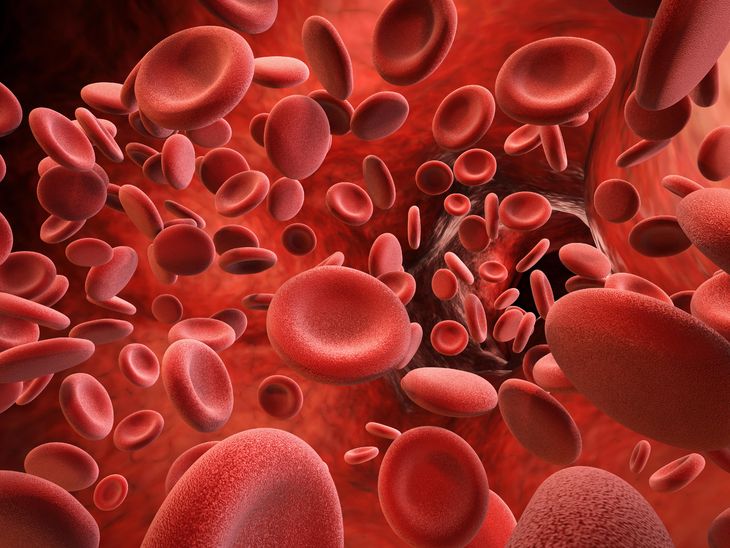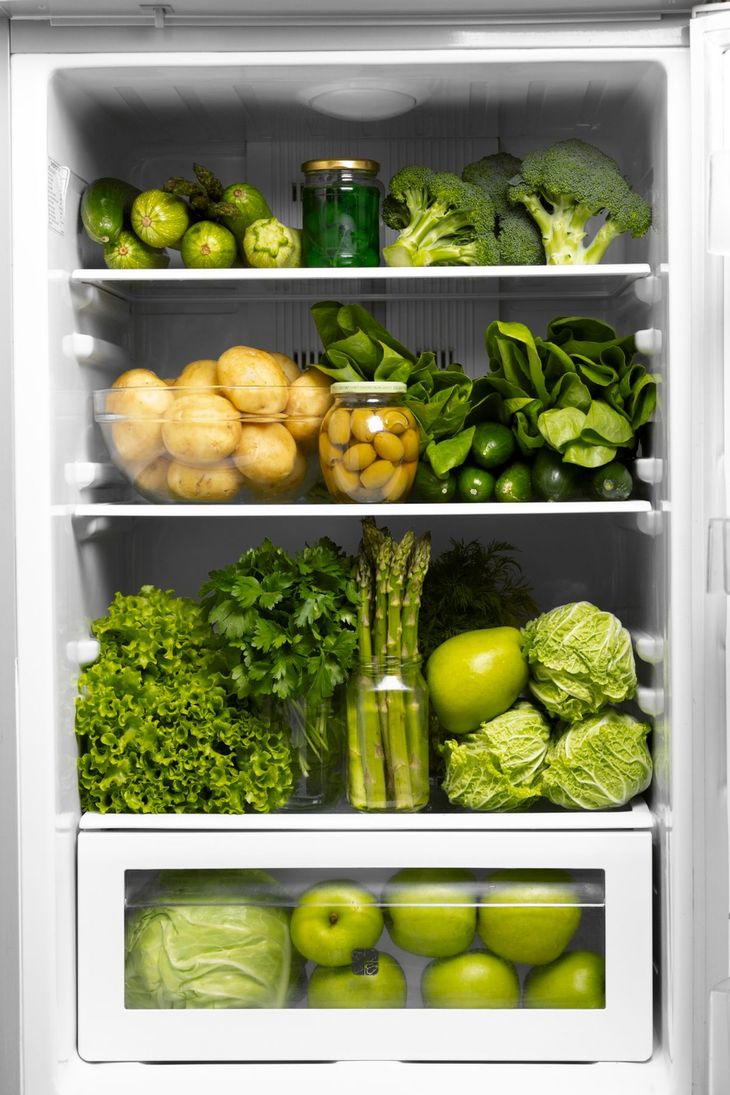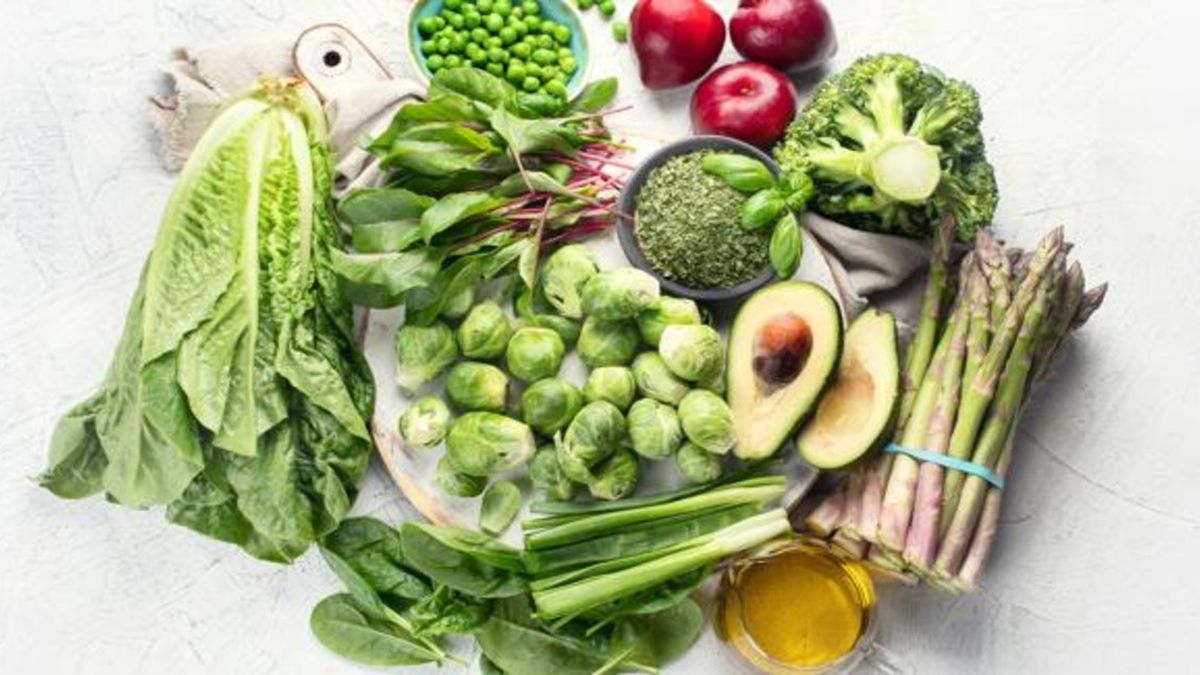This micronutrient is known worldwide for being the coagulation vitamin, however, experts found another essential function for it. know more
Vitamin K is an essential micronutrient, known to be “coagulation vitamin“, but which has multiple health benefits. It plays a crucial role in blood clotting and in the maintenance of bone health. There are two main variants of vitamin K: vitamin K1 (phylloquinone) and vitamin K2 (menaquinone).
The content you want to access is exclusive to subscribers.
After suffering a injury or cutting, vitamin K assists in the activation of certain proteins that contribute to the formation of blood clots, thus stopping the bleeding. In addition, this vitamin plays a fundamental role in bone metabolism, by favoring the production of proteins necessary for the formation and mineralization of bones. bones.


blood.jpg

Vitamin K: what was discovered?
A team of researchers of the Institute for Metabolism and Cell Death Helmholtz Zentrum München in Neuherberg in Germany, has discovered that vitamin K may also play a role in protecting the nervous system and preserving cognitive function.
In laboratory studies, it has been observed that the vitamin K may have protective effects against cell death in certain cell and animal models. It has been suggested that this could be related to its properties. antioxidant and anti-inflammatoryas well as its ability to regulate the expression of genes involved in apoptosis (programmed cell death).
vitamins-brain.jpg

“Surprisingly, we identified that vitamin Kincluding phylloquinone (vitamin K1) and menaquinone-4 (vitamin K2), is able to efficiently rescue cells and tissues from ferroptosis”, explained Eikan Mishima, first author of the study.
Foods that have vitamin K
-
green leafy vegetables: Leafy green vegetables, such as spinach, kale, Swiss chard, lettuce, and broccoli, are excellent sources of vitamin K1.
-
Asparagus: Asparagus is a good source of vitamin K1, as well as other nutrients.
-
Vegetable oils: Vegetable oils, such as soybean oil, canola oil, and olive oil, contain vitamin K1.
-
Brussels sprouts: Brussels sprouts are a cruciferous vegetable rich in vitamin K1.
-
Parsley: Fresh parsley is a concentrated source of vitamin K1.
-
Cauliflower: Cauliflower contains vitamin K1 in significant amounts.
-
Liver: Liver, especially calf liver, is a source of vitamin K2.
-
fermented milk products: Some fermented dairy products, such as cheese, may contain variable amounts of vitamin K2, depending on the type and fermentation process.
vegetables in the fridge.jpg

Freepik.
What happens if there is vitamin K deficiency?
Severe vitamin K deficiency can cause bruises (bruises) and bleeding problems because blood clots more slowly. It might also reduce bone strength and increase the risk of osteoporosissince the body needs vitamin K for bone health.
Importantly, vitamin K deficiency it is relatively rare in healthy adultssince it is found in a wide variety of foods and also produced in small quantities by intestinal bacteria. However, certain factors can increase the risk of deficiency, such as fat absorption disorders, severe liver disease, or the use of certain medications that interfere with vitamin K absorption.
Source: Ambito
I am an author and journalist who has worked in the entertainment industry for over a decade. I currently work as a news editor at a major news website, and my focus is on covering the latest trends in entertainment. I also write occasional pieces for other outlets, and have authored two books about the entertainment industry.




